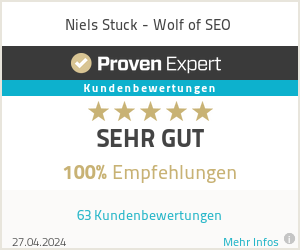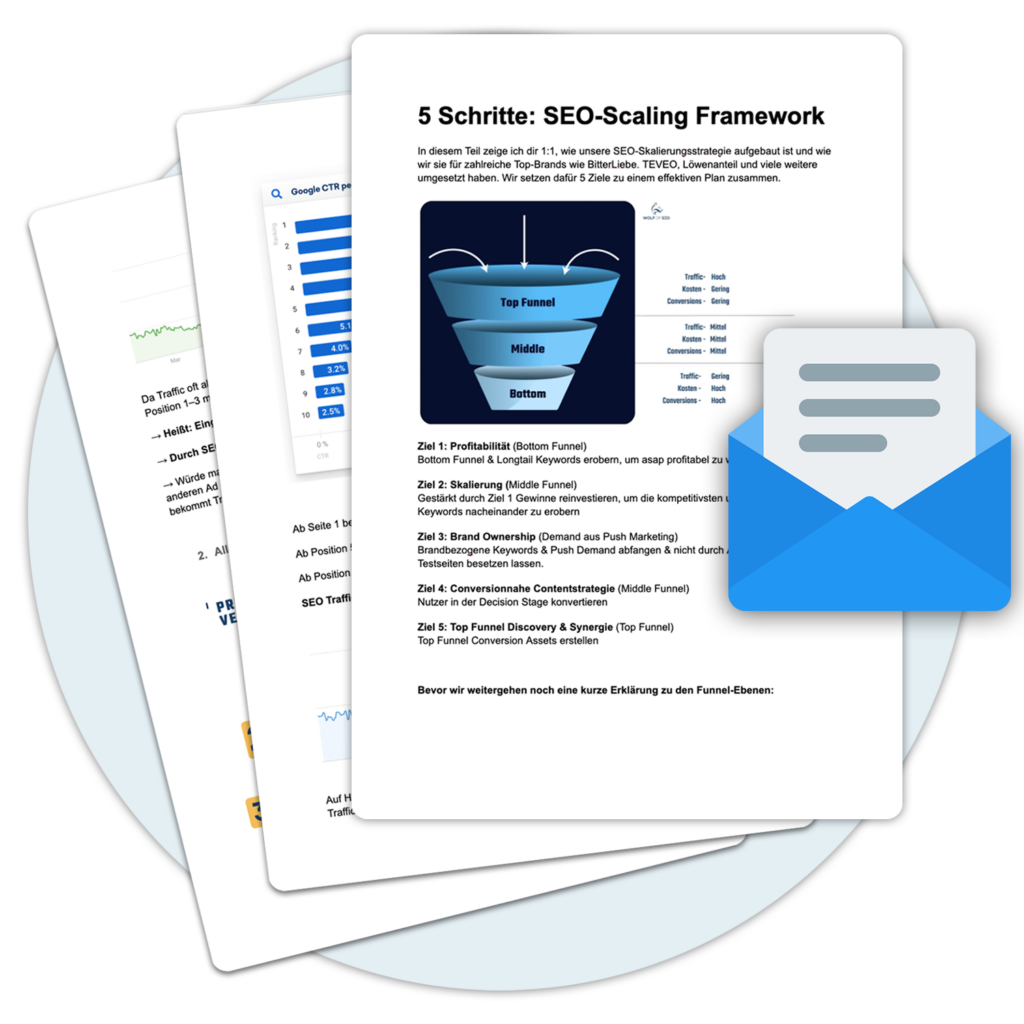What is overoptimization?
The Search Engine Google recently announced that it will penalize websites if they are over-optimized. Although these penalties have been around for quite some time, Google is now developing a new algorithm that will focus more on the Overoptimization will lay. Matt Cutts, Google's then-head of the Web spam team, explained that the penalty is part of an attempt to get site owners to work without focusing on their own content rather than the Search Engine. It should also protect the algorithm from further manipulation by, for example, "Keyword Stuffing" protect.
This algorithm change will certainly help to level the playing field. However, for anyone who has consciously engaged in SEO and worked hard to optimize a website, this is not the best news. Nonetheless, the "overoptimization" penalty is now a reality and SEO professionals need to be prepared.
How to determine if your website is over optimized?
The very first thing an SEO needs to do is to check whether the website in question is over-optimized. This of course depends on Google's definition, which is of course extremely unclear. While we may not know exactly how much optimization Google is aiming for, there are a few things that most would consider to be Overoptimization could consider:
- Keyword-density - You will use the Keyword-Dichte Ihres Contents überprüfen müssen. Viele SEO-Tools wie „SEO by Yoast“ werden in der Lage sein, Ihnen Ihre Keyword-density in a particular item, which makes this quite easy. You should make sure that your Keyword-density is a maximum of 3% percent. If your Keyword-density is about 10 percent, the sword of Damocles of the Google Penalty already above your head..
- Domain name - A generic Keyword-Domain Name wird die SERPs nicht mehr an die Spitze stellen. Google ist wahrscheinlich nahe daran, einen Weg zu finden, um herauszufinden, ob ein Domain name is a brand or for nothing but a certain Keyword was created. If your Domain name is generically optimized for a keyword and has no valuable content, you probably run the risk of being hit by the penalty for over-optimization.
- Keyword Stuffing - Although a penalty has been imposed for this problem before, this new announcement will likely only increase the severity of the penalty for Keyword Stuffing erhöhen. Wenn Ihr Titel-Tag genau wie Ihre URL ist und Sie Anker-Text haben, der mit diesen Keywords übereinstimmt, sollten Sie vermutlich schon sehr aufpassen, was die Keyword density concerns.
Conclusion
There is no guarantee that this the particular aspects of optimization will result in a Google penalty, but these tips are some helpful rules of thumb to help you avoid a penalty. The best thing you can do for your website is to be intentional about reading your content. If certain words sound out of place, they're probably just there for SEO reasons. This is something Google wants to avoid, so it's a good idea to change your content to sound more natural. Create new content every day and focus on the quality of the content. Ultimately, this new focus could translate to Overoptimization actually prove to be a great way to improve your content!
« Back to Glossary Index






